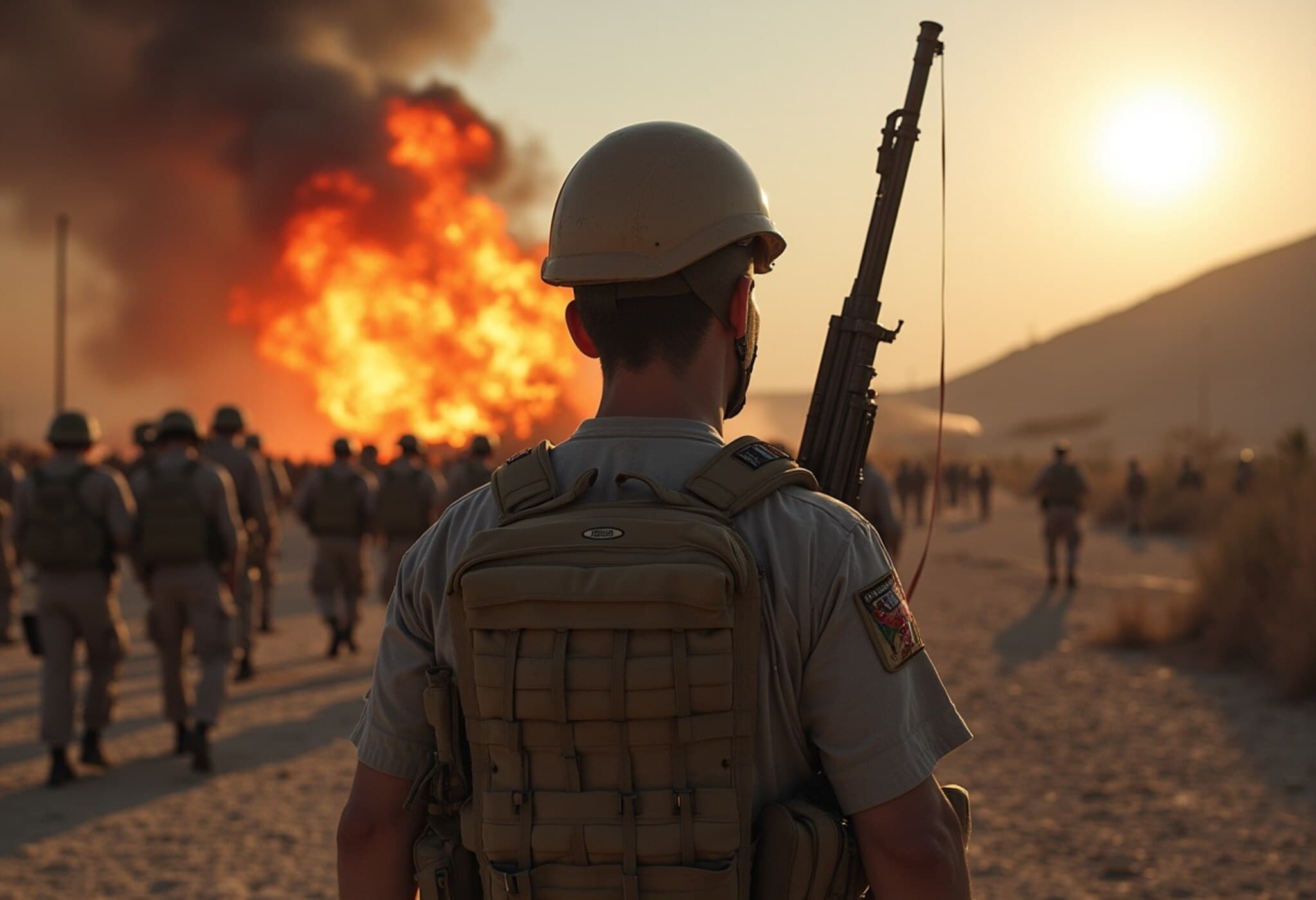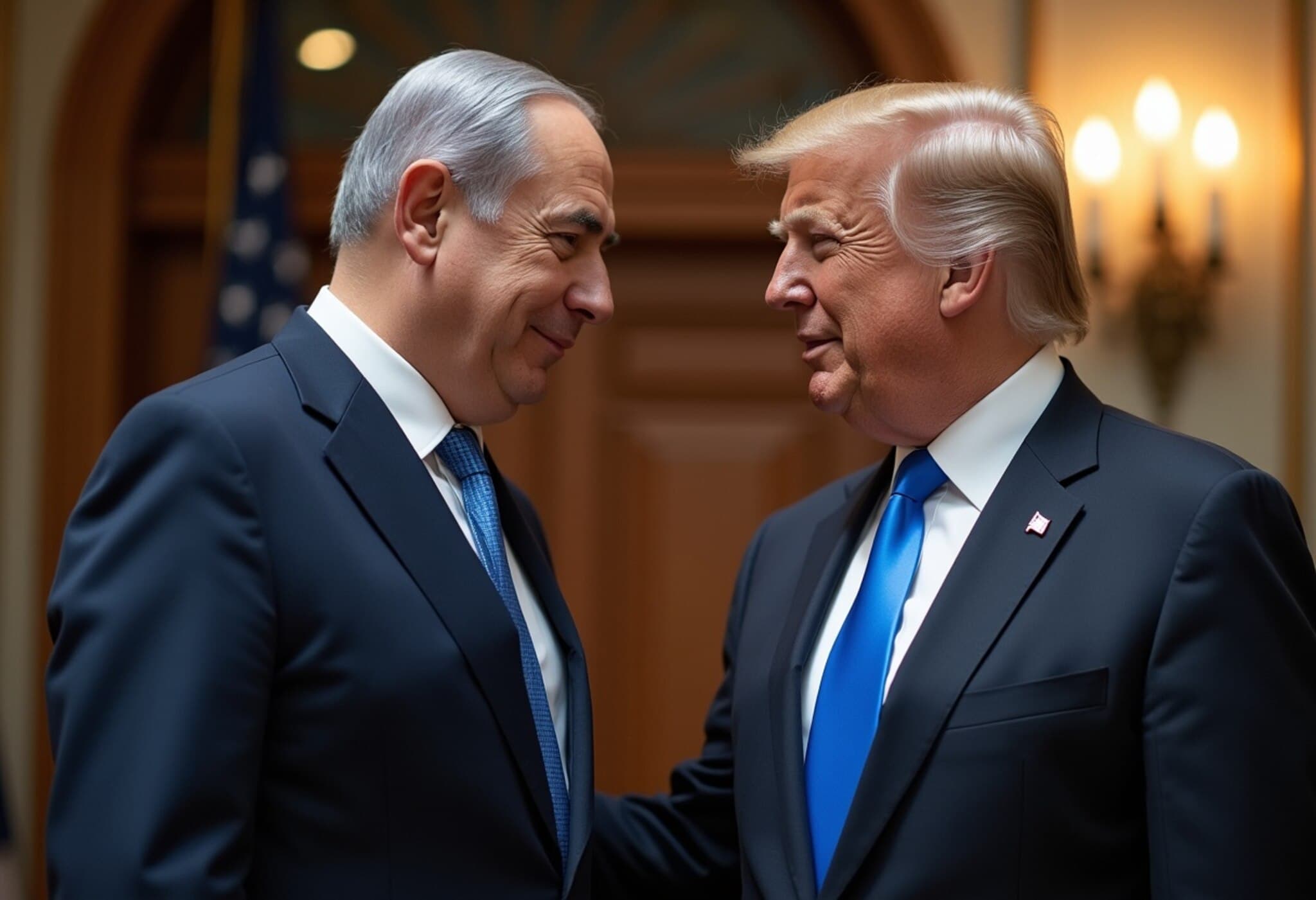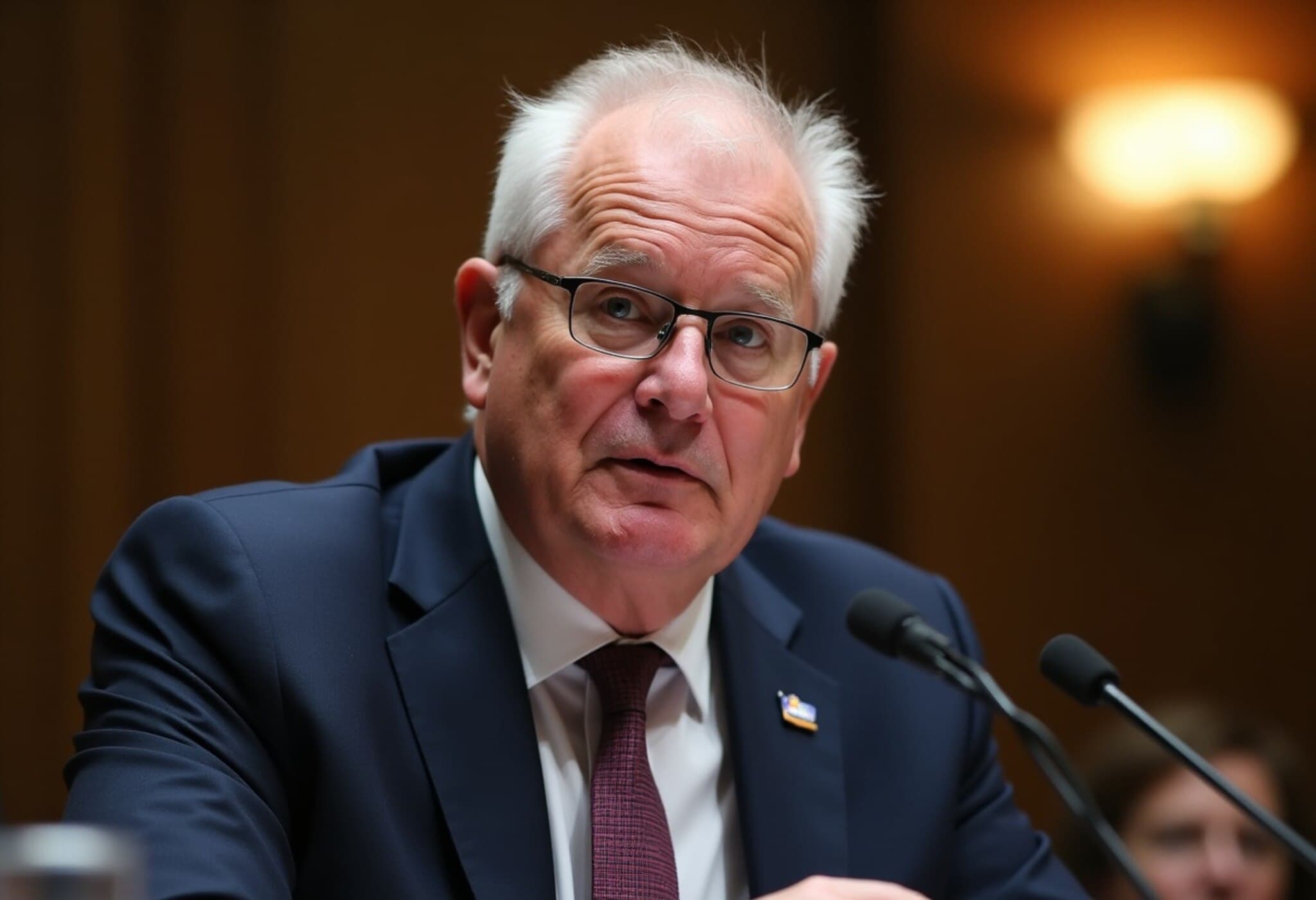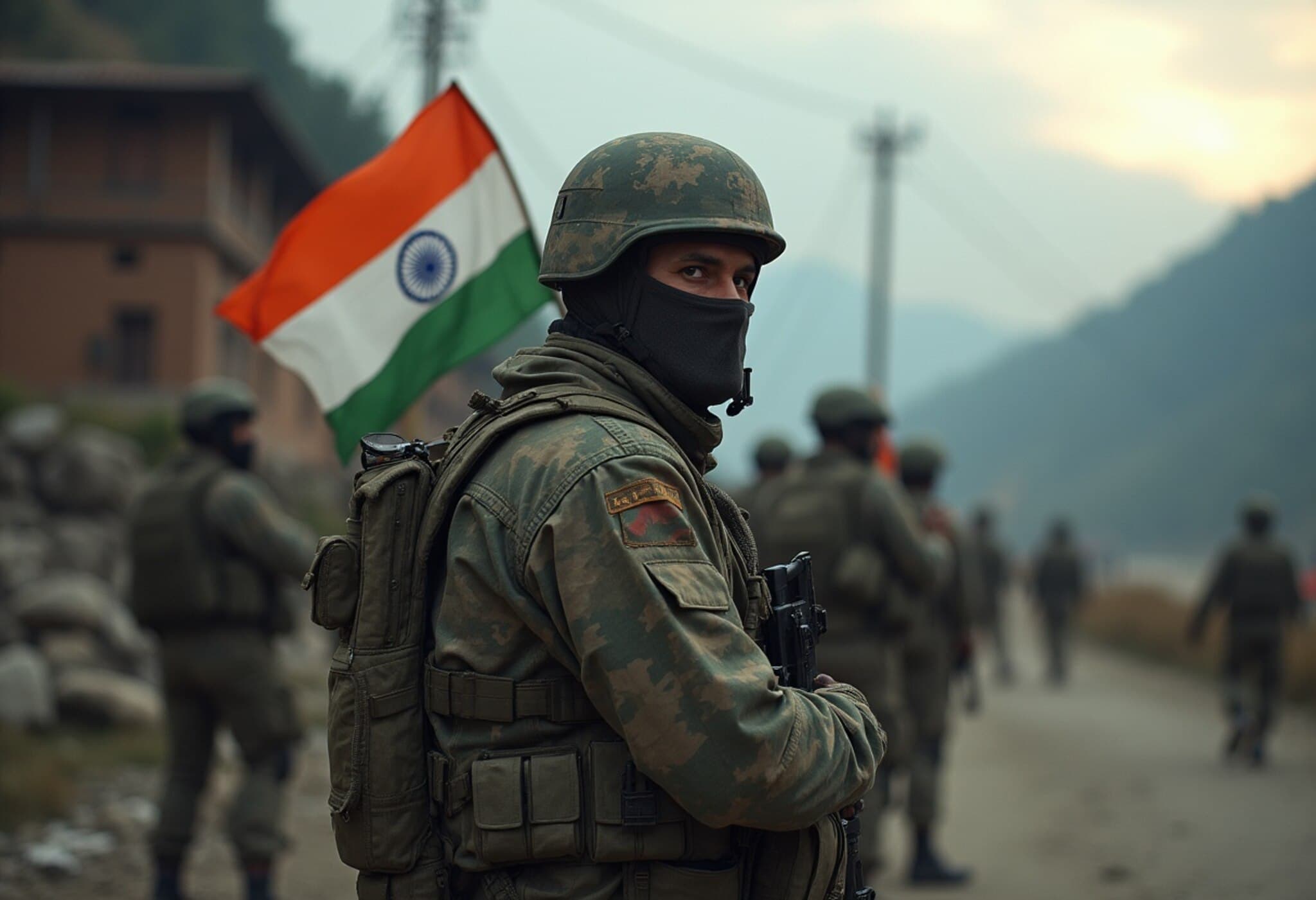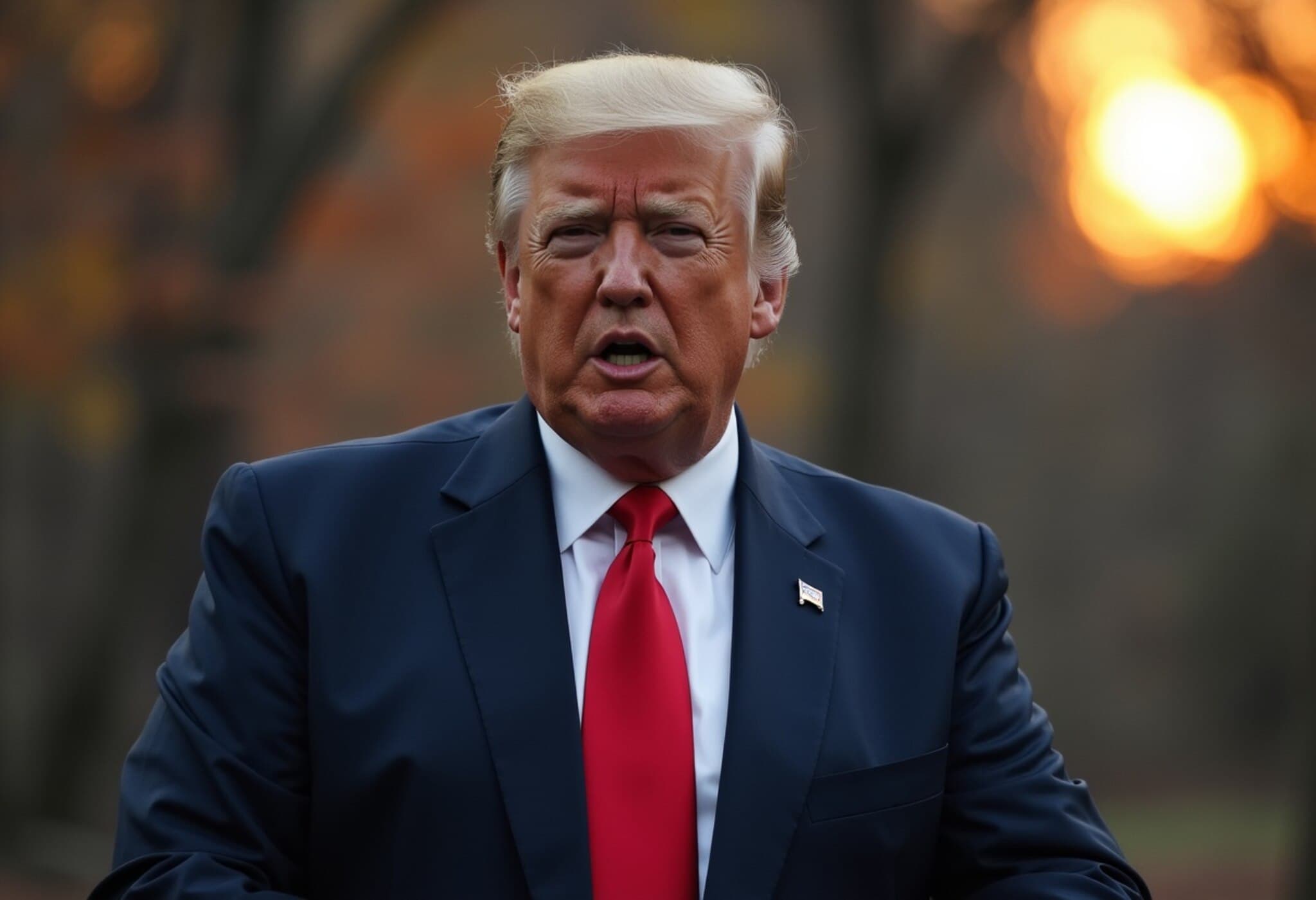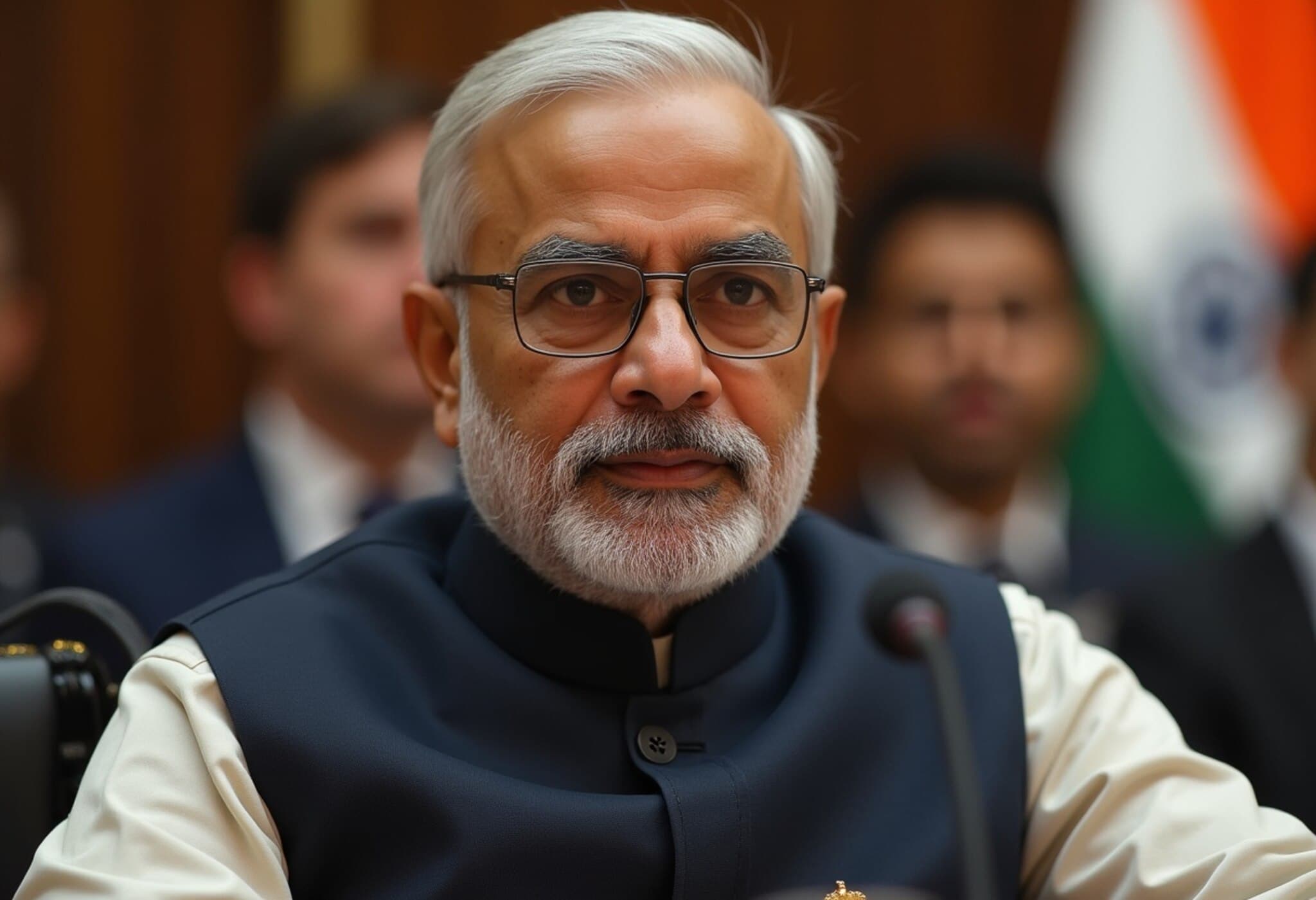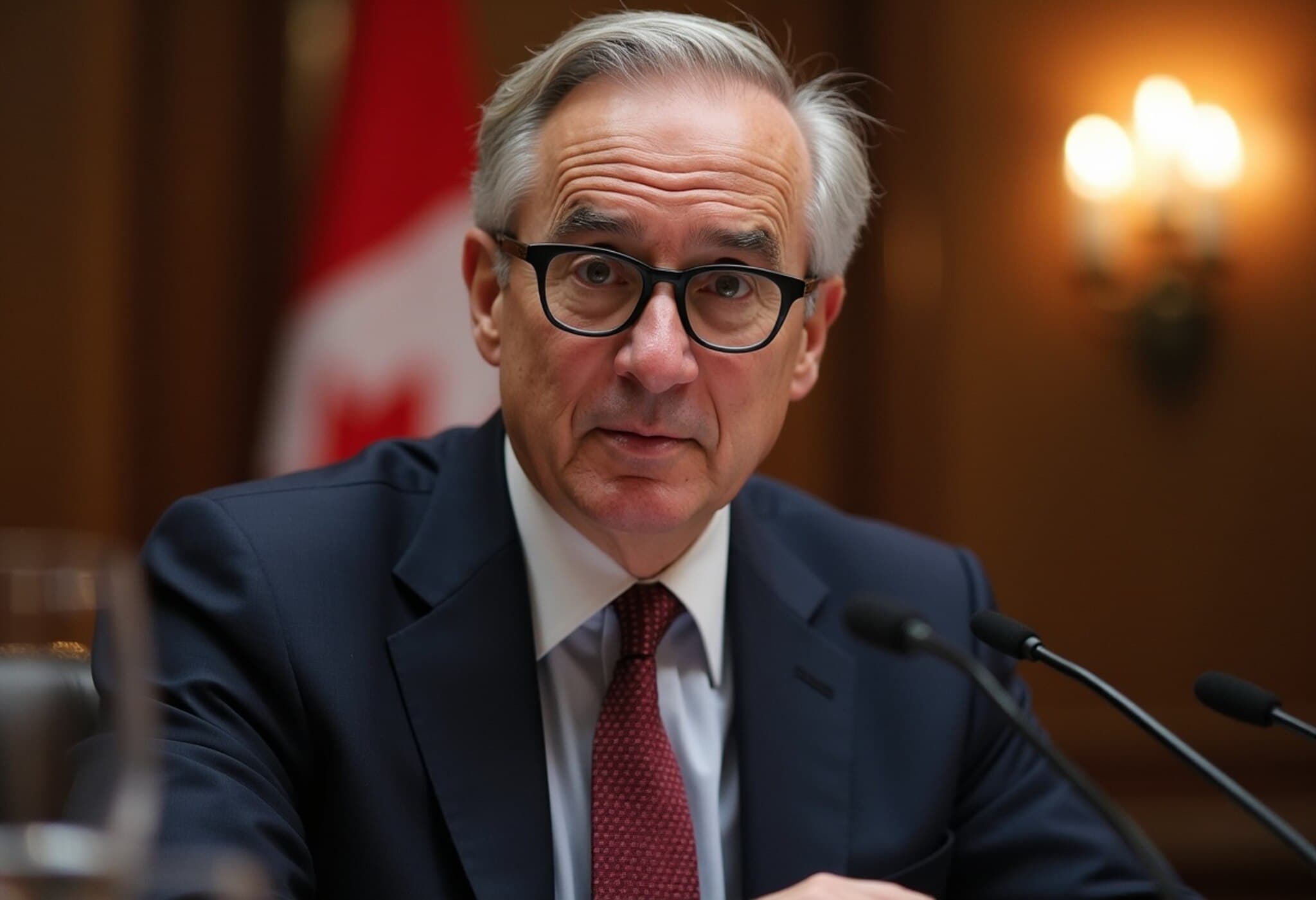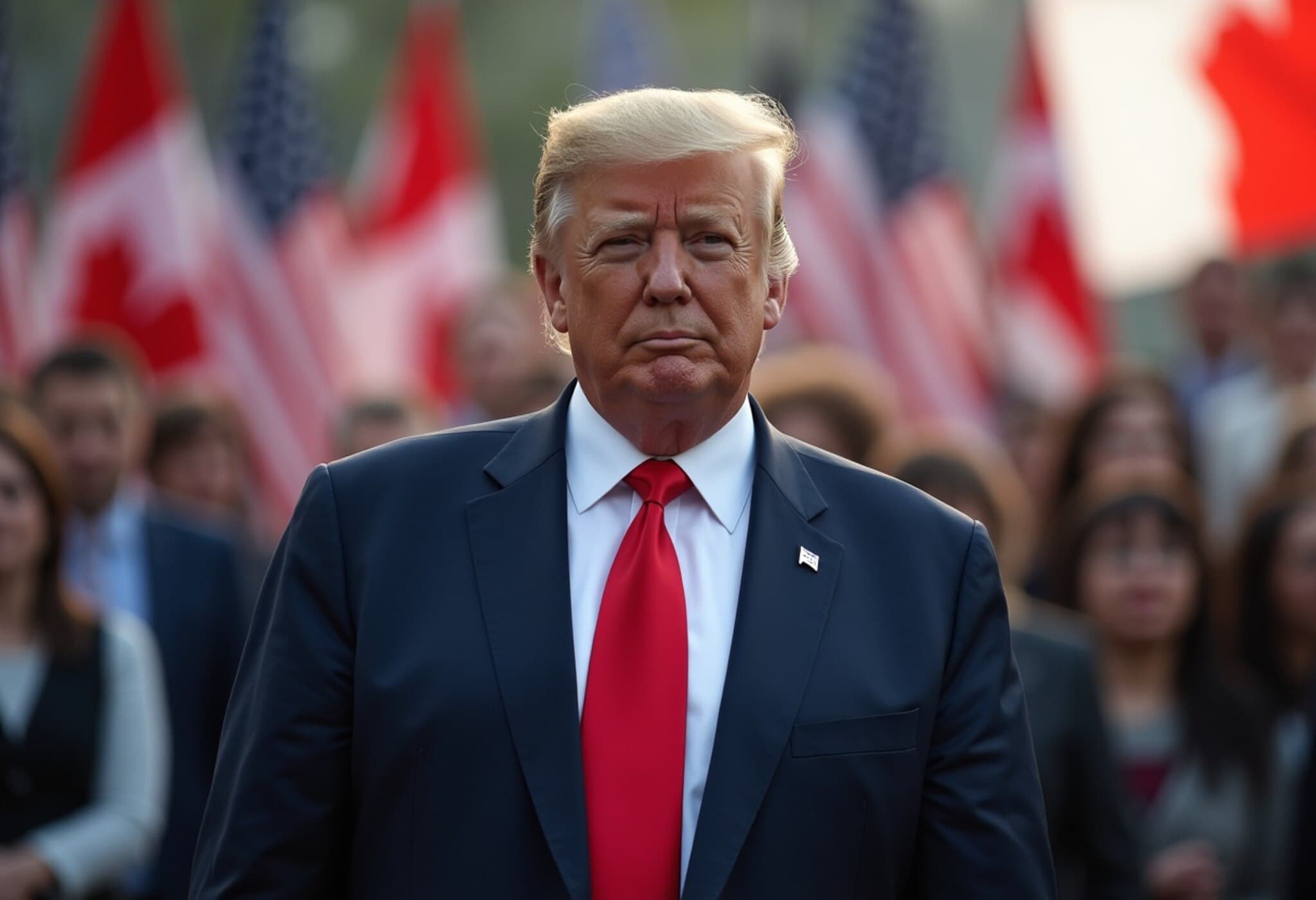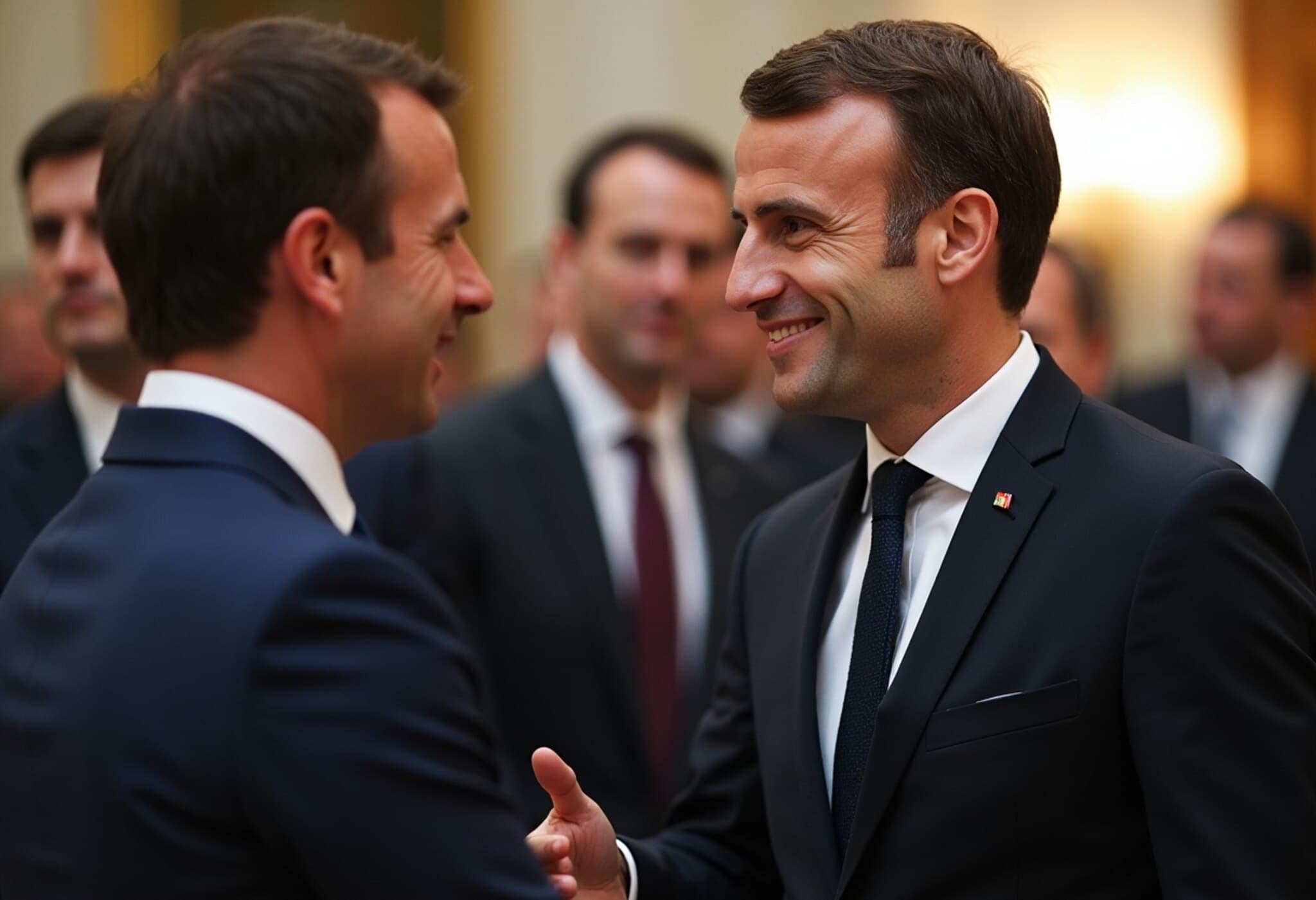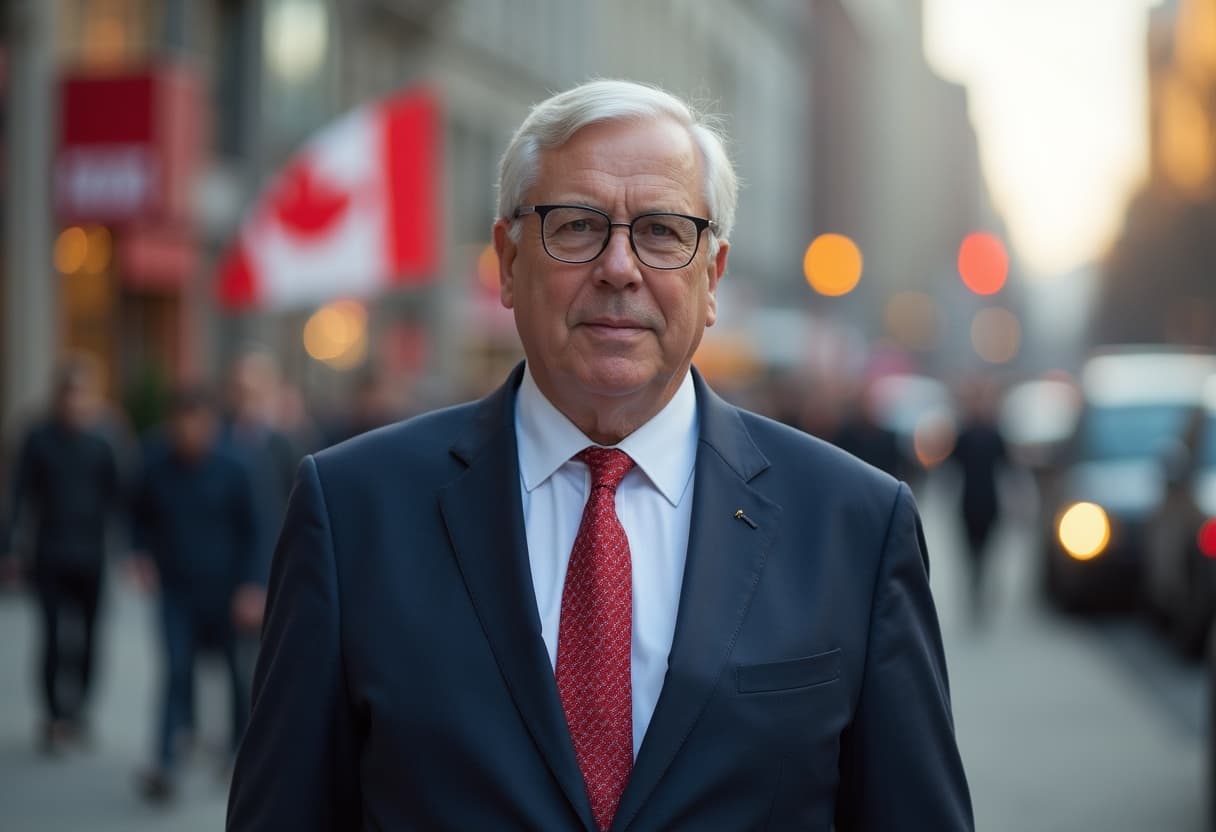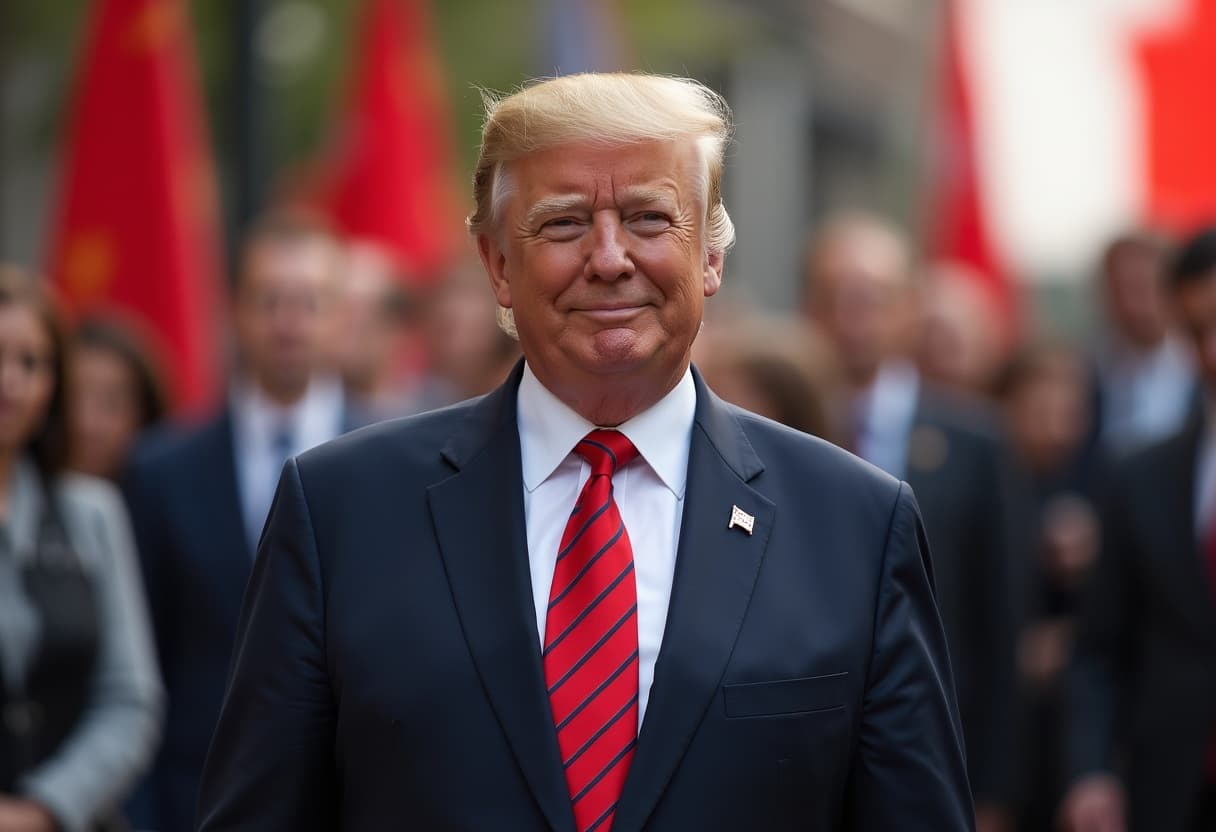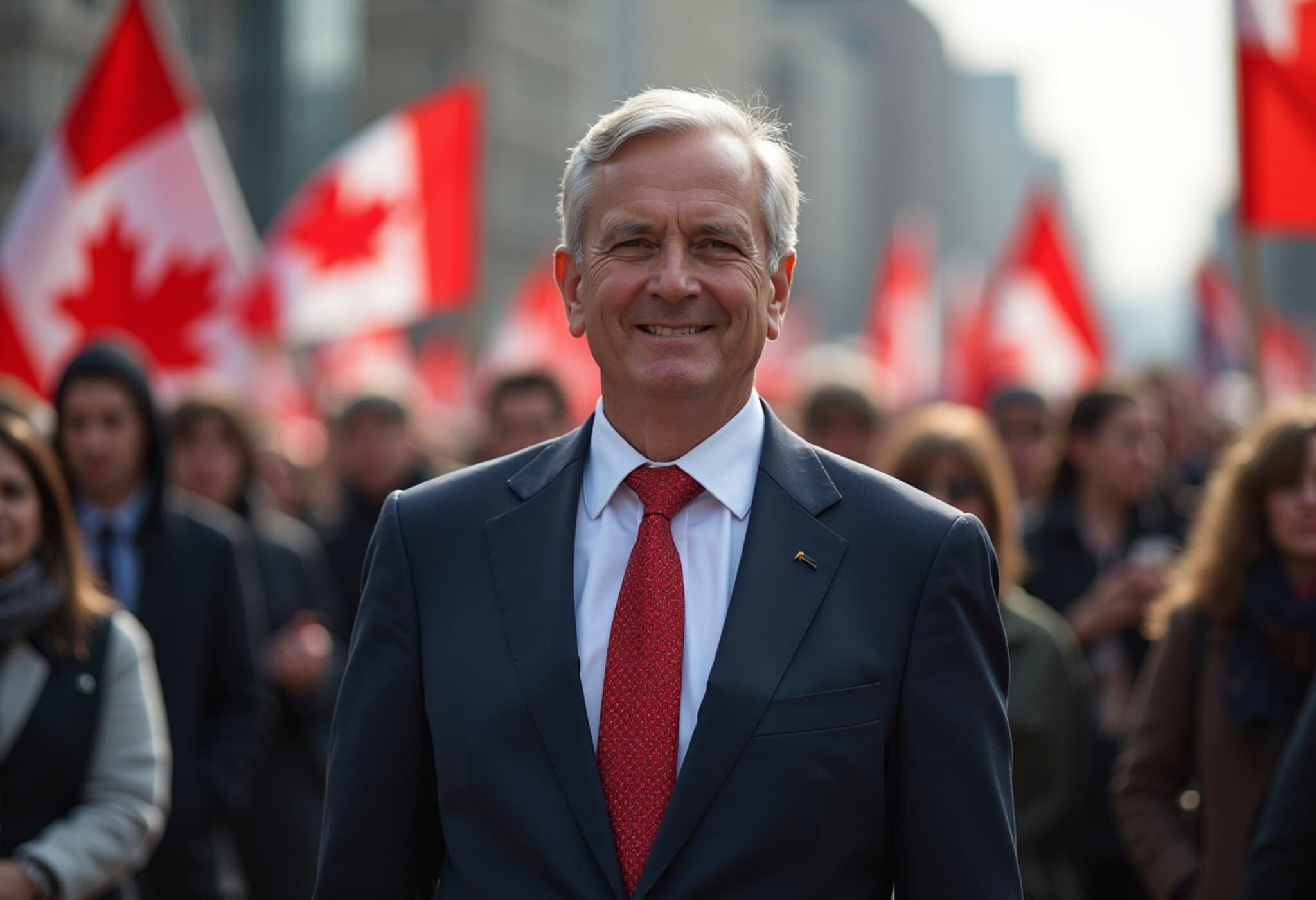A Traditionally Grand Event Marred by Political Tension
The annual Fourth of July party at the residence of the U.S. ambassador in Ottawa has often been one of the city's most anticipated social gatherings. Hosting guests on the expansive grounds of the ambassador's official home, the event typically attracts a large and festive crowd eager to celebrate American independence on Canadian soil.
This Year’s Celebration Felt the Strain
However, this year’s party reflected the rocky state of U.S.-Canada relations. Recent months bore witness to sharp rhetoric from the U.S. president, who openly questioned Canada’s sovereignty and even hinted at drastic economic measures aimed at forcing annexation as the 51st state. Such inflammatory remarks inevitably cast a pall over what is usually a joyous occasion.
Attendance and Atmosphere
Arriving late on Friday afternoon, it was clear that this year’s event attracted significantly fewer attendees than in previous years. Longtime guests observed that the crowd seemed to be roughly half the usual size. The scale of the occasion was also notably reduced, with fewer tables and food stations spread across the grounds.
The skeptical mood was understandable. Days leading up to the event saw Canadian consumers intensifying boycotts against American products and limiting travel south, reflecting a surge in patriotic sentiment at home. Against this backdrop, celebrating American independence amidst escalating diplomatic tensions made the gathering feel somewhat muted.
A Nuanced Gathering Amid Complications
Despite the smaller turnout, a considerable number of guests still showed up, underscoring the complex relationship between the two neighbors—marked by interdependence as well as discord. The event highlighted the delicate balance of friendship and friction that currently defines U.S.-Canada interactions.
It was noted by observers that the party’s tone was tempered compared to the usual festive spirit, echoing the broader diplomatic unease. Attendees navigated a mix of cordiality and quiet reservations as they marked the occasion.
Looking Ahead
The Fourth of July celebration at the U.S. ambassador’s residence remains an important symbol of cultural exchange and goodwill. Yet, this year’s subdued event serves as a reminder of how political climates can ripple into social spaces, coloring even time-honored traditions. As the two nations face ongoing challenges, such gatherings will continue reflecting the evolving dynamic between Canada and its southern neighbor.


